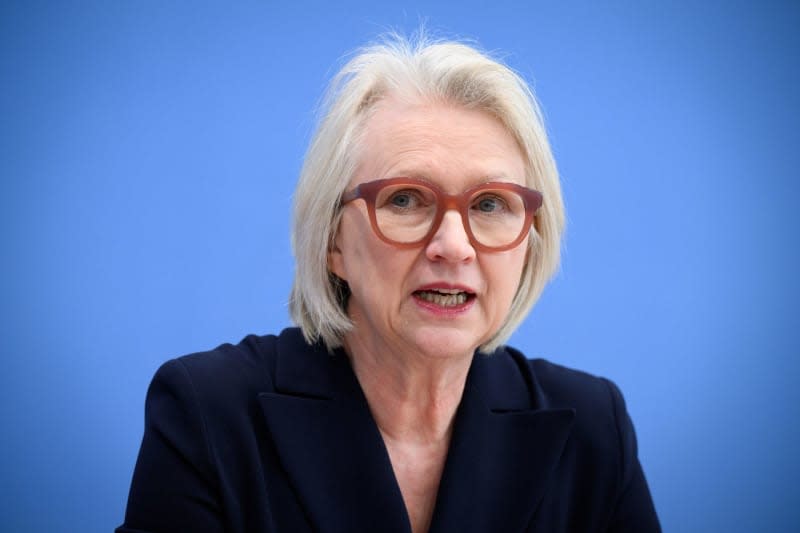Influential economists urge changes to Germany's strict debt rules

- Oops!Something went wrong.Please try again later.
The German government's influential panel of economic advisors has spoken out in favour of reforms to the country's strict limits on government deficit spending known as the "debt brake."
The rules, which were added to Germany's constitution in 2009, are too strict and inflexible, Monika Schnitzer, chairwoman of the German Council of Economic Experts, told dpa.
The policy advisors, who are known in Germany as "the wise men," are proposing changes to the debt brake rules that would give the German government several billion dollars of extra credit leeway each year.
As currently written, the rules will force Germany's government to slash spending and drive down public debt more than necessary over the coming decades, potentially damaging the economy, Schnitzer said.
The rules generally require Germany to maintain a roughly balanced budget, not spending more than it collects in revenue, although the law allows for exceptions during emergencies.
"The debt brake as it is now is too rigid," said Schnitzer. "We want to increase flexibility and create leeway so that future-oriented public spending can be made without undermining the sustainability of public finances."
In November, Germany's Constitutional Court cited the debt brake when it struck down government budget plans to use borrowed money to fund billions of dollars worth of long-term climate and infrastructure projects.
The decision blew a major hole in government spending plans and plunged Chancellor Olaf Scholz's centre-left coalition government into a major budget crisis that has still not been fully resolved.
The decision prompted renewed public debate in Germany over the debt brake rules, which conservative lawmakers championed amid the eurozone crisis, in which several other eurozone countries with high government debt levels were plunged into chaos.

